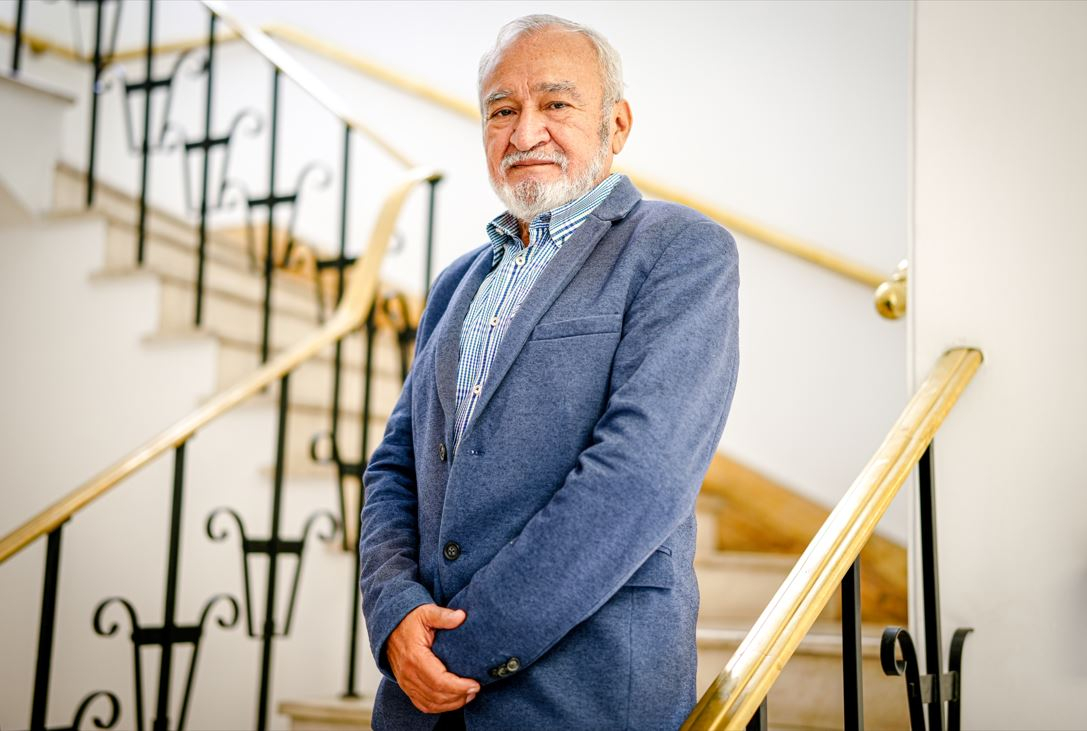
The V Congress of Amazonian Entrepreneurs (CEA), soon to be held on June 5 and 6 in the city of Tarapoto, San Martín, seeks to promote a space for dialogue between different local and national authorities, representatives of the Amazon community and potential investors with in order to promote the sustainable and inclusive development of the Peruvian Amazon. La República interviewed Samuel Dyer, president of the Pro-Amazonía Group, an association that has promoted the CEA for five years.
—What would be the impact of the congress and what is it seeking to promote?
We will seek to consolidate the first four congresses so that our united Amazonia obtains financing lines, from both national and international support. That is, from our central Government and the institutions of the world, in addition to the United Nations and green funds in developed countries to protect our Amazon, which is in serious danger, being the second reserve of fresh water in the world. What we want is to prevent it from becoming a desert that negatively impacts our country and even threatens human survival. Deforestation represents a threat not only to our country, but to the world and to the survival of man on Earth. So, we have a great ecological responsibility. Amazonians play an important role in protecting the region, which comprises 62% of our national territory.
—And in light of this, what would be the main goals for the Strategic Plan for the Comprehensive Development of the Amazon to 2050?
We want ventures, of which today 90% are illicit and informal, to become legal and formal. I believe that with this we change the history of the Amazon because by being these sustainable ventures the environment would be protected. We seek high development of the Amazon, but taking care of our forests, preventing further deforestation, even reforesting to recover forests because there are already 12 million hectares deforested.
—In this framework there is also the importance of our agricultural activities and the results that have been obtained in terms of agricultural exports this first quarter.
Of course, that is why we must promote agricultural activities. For example, cocoa, coffee, oil palm, fruits and cultivated wood. In 30 years, we can have, after mining, the second most important activity, agroindustrial activities in our Peruvian Amazon, that is the power we have. We can achieve the happiness of our people with their better quality of life, with legal and formal activities, that is the tool we must use: development. And for that we need financing lines from developed countries, we need a powerful, very well-equipped ecological school, we need the trans-Amazonian ecological train. With all this, we would take care of our forests and biodiversity.
—How could we strengthen the dialogue between the different local, regional and international actors, precisely in search of financing lines?
We are already strengthening dialogue at congresses. The businessmen with the chambers of the entire Peruvian Amazon and the Pro-Amazon Group, the Amazonian commonwealth, the seven governors of our Peruvian Amazon, the provincial mayors of the entire Peruvian Amazon, the native institutions, the two largest organizations, The Confederation of Amazonian Nationalities of Peru (Conap) and the Inter-Ethnic Association for the Development of the Peruvian Jungle (Aidesep) are organizing the congress.
—The participation of the GCF Task Force was also highlighted.
That’s how it is. GCF Task Force is an NGO of countries that have tropical forests in any country in the world and is also part of the organization. In other words, we already have this dialogue table that is multisectoral. In addition, we are actively participating in events, the Government and in our parliament. We have invited the president of our Congress and the president of the Republic to be at the opening and closing of this event.
I believe that they will attend, we have that hope and we are sure of the strategic importance that the Amazon has, which is 62% of our national territory and that today has great indicators of poverty, deforestation, illegal logging, illegal mining and activities illicit. We can reverse all of this and turn it into a green paradise. Our goal by 2050 is to have zero illicit and informal activities, zero illegal logging, zero deforestation, zero illegal mining activities and zero illicit crops.
Source: Larepublica
Alia is a professional author and journalist, working at 247 news agency. She writes on various topics from economy news to general interest pieces, providing readers with relevant and informative content. With years of experience, she brings a unique perspective and in-depth analysis to her work.











